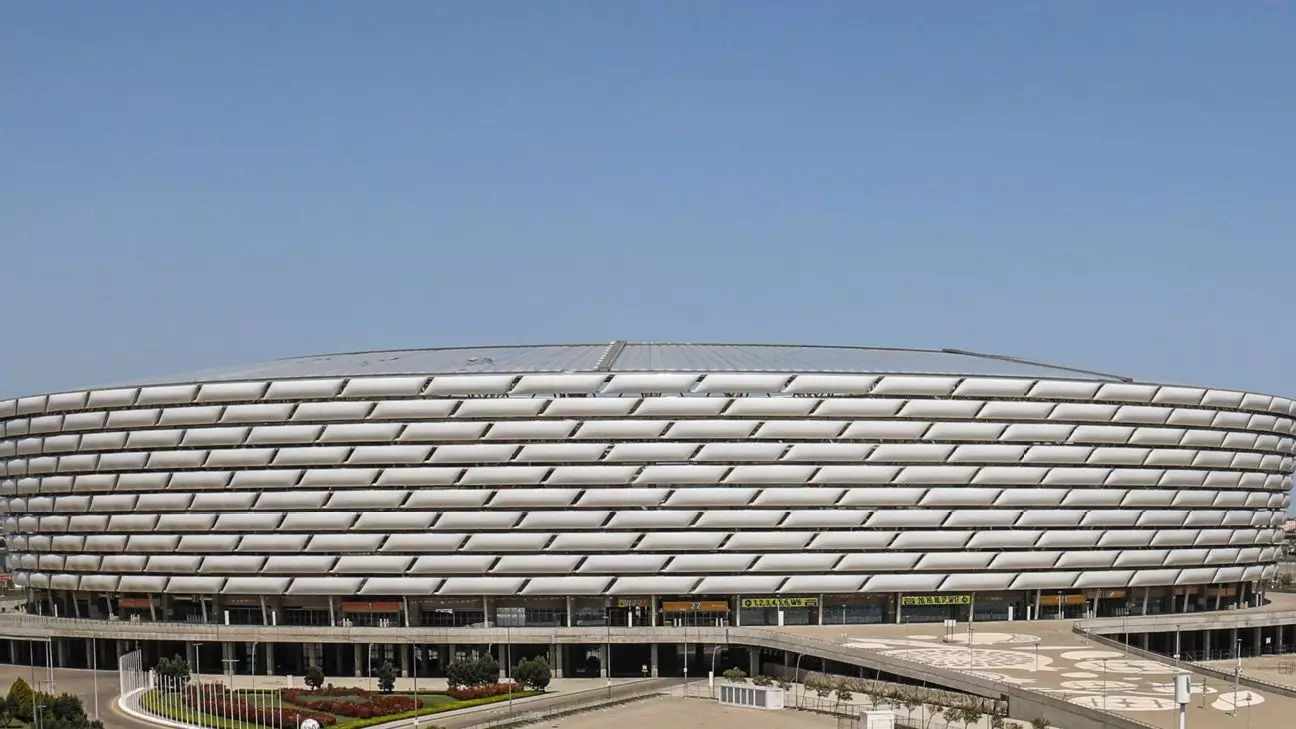In an unexpected turn of events, UEFA has reconfigured its plans for the 2027 Champions League final, inviting new contenders to take up the mantle of host. With Milan stripped of its hosting rights due to concerns about the San Siro’s readiness for such a prestigious event, the spotlight has now shifted to Madrid and Baku. This article explores the implications of this decision and the backgrounds of the potential host cities.
Madrid, a city synonymous with football excellence, has stepped up once more, demonstrating its capability to host high-stakes matches. The Estadio Metropolitano, home of Atletico Madrid, is championing its candidacy, having successfully hosted the Champions League final in 2019. That year, the stadium was the backdrop for Liverpool’s historic victory over Tottenham, heralding the venue as a worthy arena for Europe’s top teams.
Moreover, Real Madrid’s iconic Santiago Bernabéu Stadium is another highlight in the city’s football resume, having hosted the Champions League final on four separate occasions, showcasing its rich contributions to the European football landscape. Therefore, a potential return to such a celebrated setting would not just be a nod to the tradition of Madrid as a football capital, but also a reaffirmation of its organizational prowess.
On the opposite side of the spectrum lies Baku, a city that has yet to host a Champions League final, marking it as an eastern frontier in the tournament’s history. The Olympic Stadium, having made its mark by hosting matches during Euro 2020 and the 2019 Europa League final, seeks to elevate its profile by stepping into the limelight of the Champions League finals. The city’s bid represents a significant push for recognition on the European stage, showcasing its modern infrastructure and commitment to football.
Baku’s emergence as a potential host also signifies a broader geographical inclusivity within European football, as UEFA aims to spread its marquee events beyond the traditional hubs of activity. However, this comes with challenges, as the city must entice fans and teams alike to consider traveling to a location that, while modern and accommodating, remains relatively untested in terms of hosting the elite of European football.
The excitement surrounding the potential choices for the 2027 final hinges on UEFA’s upcoming decisions, with the organization planning to announce the selected venue in May 2025. This timeline indicates a preparatory phase for both host cities, as each will undoubtedly ramp up efforts to showcase their readiness.
In addition, the implications of hosting such a significant event extend beyond immediate financial benefits and include potential long-term impacts on local culture, tourism, and footballing legacy. While Munich’s Allianz Arena and Budapest’s Puskas Arena are set to host the next two finals, the fate of the 2027 final lies in the hands of representatives from Madrid and Baku, who will have to address logistical and practical concerns to secure their positions as hosts.
As UEFA explores its options for hosting the 2027 Champions League final, the contrast between the storied footballing cities of Madrid and the emerging presence of Baku reflects a dynamic landscape in European football. With the final’s prestige on the line, both cities will undoubtedly bring their best to the table in a race characterized by ambition, history, and the spirit of competition. The eventual decision will not only shape the future of these cities but also resonate throughout European football, illuminating the transformative power of sport at a global scale.

Leave a Reply